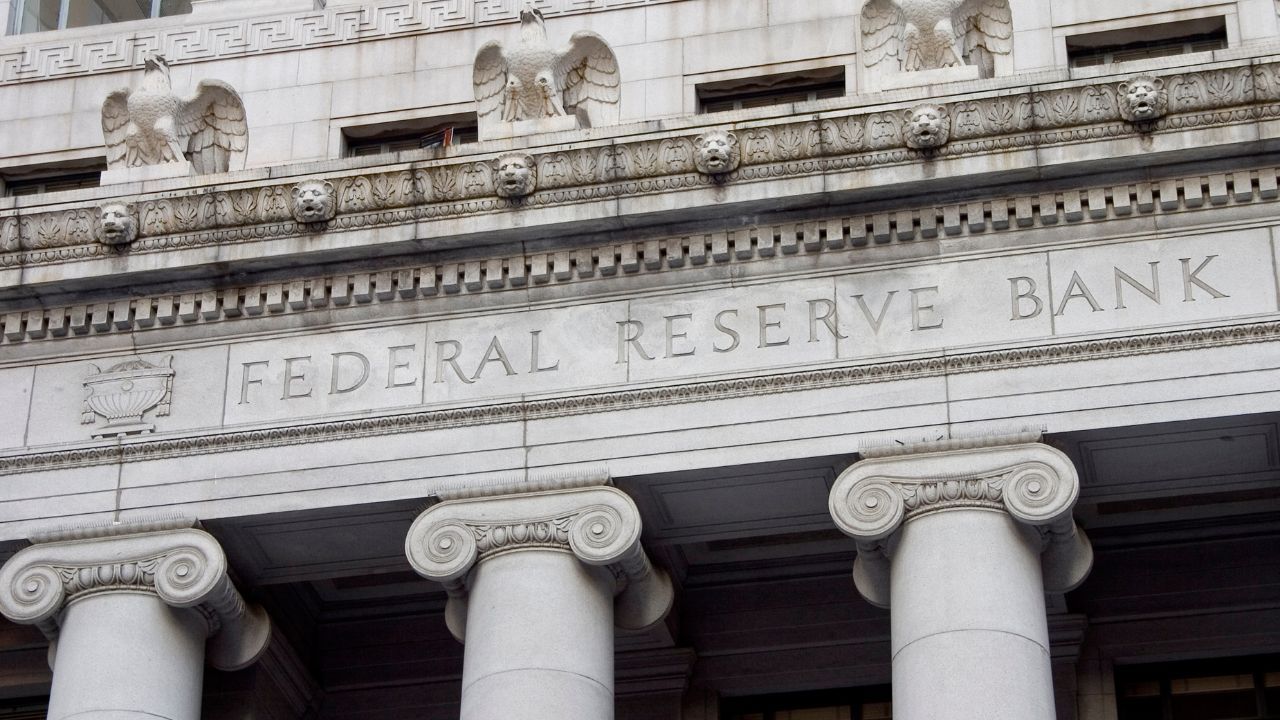The Benefits of Mortgage Rate Buydowns
 When purchasing a home, every detail matters, especially your interest rate. One strategy that many buyers overlook is the mortgage rate buydown. A buydown allows you to lower your interest rate for the first few years of your loan, or even permanently, by paying upfront fees at closing. This option can significantly reduce your monthly payments, offering financial relief when you need it most.
When purchasing a home, every detail matters, especially your interest rate. One strategy that many buyers overlook is the mortgage rate buydown. A buydown allows you to lower your interest rate for the first few years of your loan, or even permanently, by paying upfront fees at closing. This option can significantly reduce your monthly payments, offering financial relief when you need it most.
Types of Mortgage Rate Buydowns
There are two common types of buydowns. A temporary buydown, such as a two one buydown, reduces your interest rate for the first two years. For example, your rate might be reduced by two percent in the first year and one percent in the second year. After this period, your rate returns to the original fixed rate for the remaining term of your loan. A permanent buydown, on the other hand, involves paying points to lower your interest rate for the entire life of the loan.
Why Consider a Buydown?
The primary benefit of a buydown is lower monthly payments, especially early in the loan term when expenses related to moving, furnishing, and settling into your home may be highest. For first-time buyers or those purchasing a larger home, this early savings can ease the transition and protect your budget.
Additionally, a lower interest rate reduces the total interest paid over the life of your loan, potentially saving you thousands of dollars. For buyers planning to stay in their home long-term, a permanent buydown can be an especially smart investment.
Builder and Seller Incentives
Builders and sellers sometimes offer to cover the cost of a buydown as an incentive, making it an even more attractive option. This is common in slower markets or with new construction homes, so it is worth asking about this possibility during negotiations.
Is a Buydown Right for You?
It is important to weigh the upfront cost against your long-term plans. If you do not expect to stay in the home for several years, the savings from a buydown may not outweigh the initial expense. Consulting a mortgage professional will help you understand if a buydown matches your specific situation.
Final Thoughts
Choosing a mortgage rate buydown is not just about saving money, but about creating financial comfort. Whether temporary or permanent, a buydown can offer breathing room when you need it most and long-term savings that benefit your financial future.
If you are curious about how a buydown could work for you, a mortgage expert can provide personalized guidance.

 When you’re thinking about buying a home, you may hear a lot about mortgage rates going up or down. But have you ever wondered what causes these changes? One of the biggest influences on mortgage rates is the Federal Reserve, often called “the Fed.” While the Fed doesn’t set mortgage rates directly, its policies play a major role in how much you’ll pay for your home loan. Let’s break it down in simple terms:
When you’re thinking about buying a home, you may hear a lot about mortgage rates going up or down. But have you ever wondered what causes these changes? One of the biggest influences on mortgage rates is the Federal Reserve, often called “the Fed.” While the Fed doesn’t set mortgage rates directly, its policies play a major role in how much you’ll pay for your home loan. Let’s break it down in simple terms: When you’re looking to purchase a home or refinance an existing mortgage, understanding how mortgage rates are determined is key to navigating your financial journey. These rates are influenced by a combination of personal financial factors and broader economic conditions, which work together to impact how much you’ll pay over the life of your loan.
When you’re looking to purchase a home or refinance an existing mortgage, understanding how mortgage rates are determined is key to navigating your financial journey. These rates are influenced by a combination of personal financial factors and broader economic conditions, which work together to impact how much you’ll pay over the life of your loan.